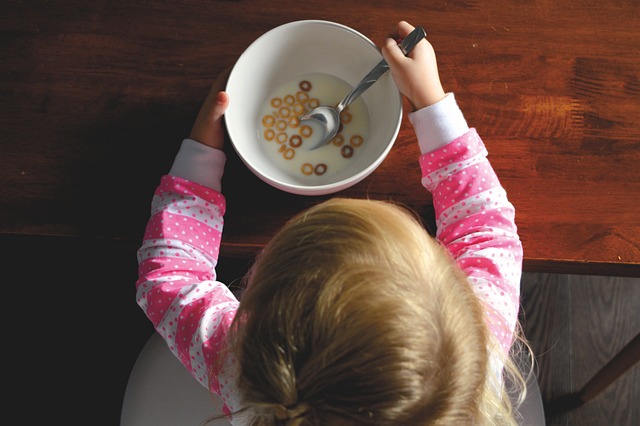
Philosophy
Young children learn best through hands-on, experiential activities in an emotionally safe environment that encourages curiosity.
Mission
The mission of Brilliant Beginnings Academy is to provide an educational environment empowering children to grow academically, socially, and emotionally. I strive to create a space that cultivates practical skills, creativity, respect, nurturing, and fun.
Goals
I will provide children with activities that promote school readiness and help them become independent, confident, inquisitive students. My goals are to develop cooperative, academically adventurous, and life-long learners; and to help my students acquire habits and skills that will advance through their lifetime.

Preschoolers can develop an understanding of numbers, spatial concepts (shapes, measurement) and the ability to sort, classify and solve problems. I work to support children’s cognitive development by offering intentional opportunities for children to gain a variety of math skills.
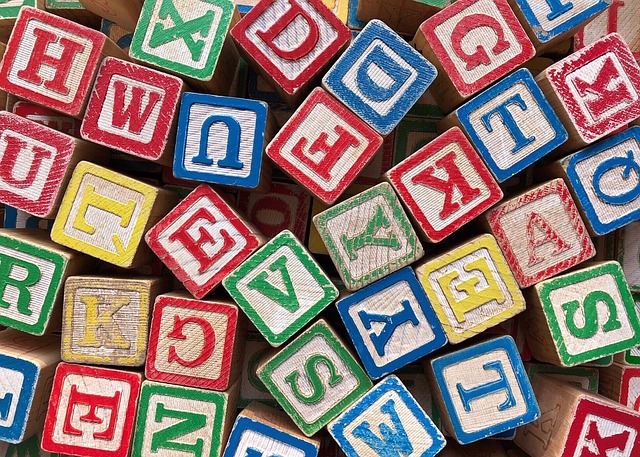
Phonics refers to the ability to learn the individual sounds in spoken language and map those sounds to specific written letters in the English language. Students who have strong phonics skills are able to connect individual sounds with letters and use those sounds to read words.We will focus on phonological awareness and letter recognition. They will learn the sounds each letter creates and how to blend simple words together. The goal is to build automaticity in their reading.

Young children have the capacity for conceptual learning and the ability to use the skills of reasoning and inquiry as they investigate how the world works. My program engages children in science inquiry through the process of asking questions, investigating, and constructing explanations.They are given multiple opportunities to observe, explore, and discover the world around them by engaging in science exploration and experiences through inquiry.
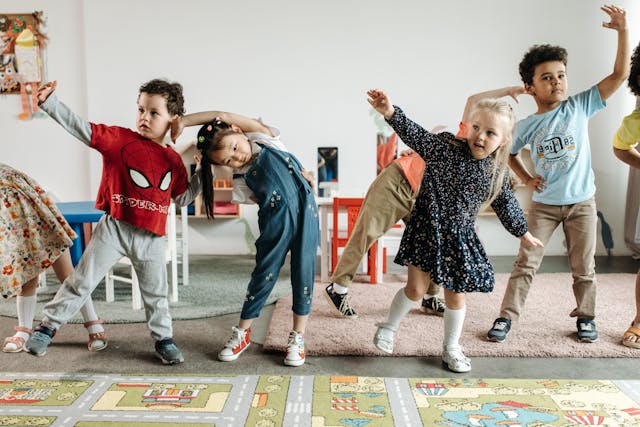
Music and movement activities engage young children in the learning process and help develop things like motor skills, coordination, and balance. They also improve children’s language and social-emotional development and promote creative expression. Children of all ages and abilities can benefit from music and movement activities.

We will learn about nutrition, healthy habits, and how to be physically active. Proper nutrition lays the foundation for good health. Physical activity builds stronger bones and muscles, improves coordination, reduces stress, and increases children’s self-esteem. Healthy habits will help set them up for a lifetime of healthy living and prevent issues.

Children are active learners, and making art is a hands-on activity that expands imaginations and exercises creativity. It also develops small motor control and eye-hand coordination, and sharpens children's powers of observation. Children learn the fundamentals of art (color, line, shape, form, and texture) by painting and drawing, making collages, fashioning three-dimensional objects out of clay, and talking about their work. Three and 4 year olds recognize patterns, learn about primary colors, and discover how to mix two colors to make a third. Children gain an understanding of composition, balance, and symmetry.
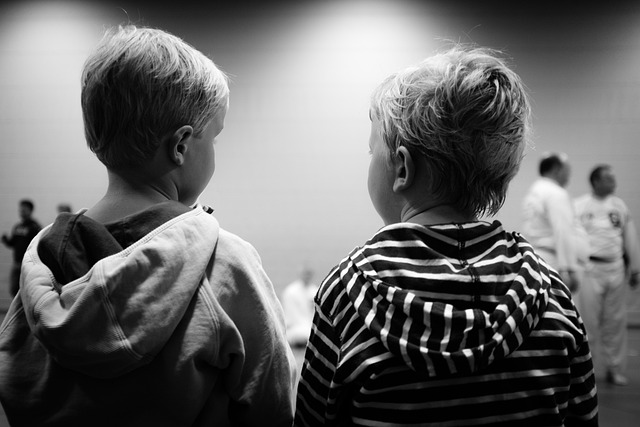
Beginning early in life, social and emotional learning (SEL) is highly important for helping preschool children to understand and manage their emotions, feel and show empathy for others, establish healthy relationships, set positive goals, and make responsible decisions.
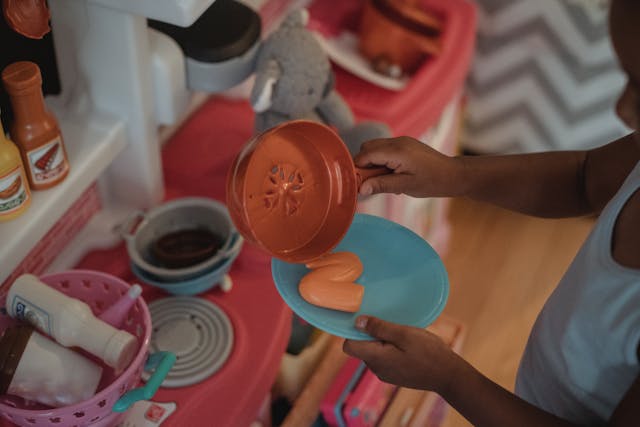
Dramatic play is a powerful tool for children’s emotional development. By acting out pretend scenarios and roleplaying a variety of imaginary interactions, preschoolers learn to process, understand, and express their emotions in different, healthy ways. It provides a safe space to express themselves, externalizing what they are feeling in a constructive way. Little ones can process certain experiences and trauma that have affected them. Dramatic play helps provide a space to practice valuable skills including empathy and understanding, how to negotiate, cooperate, and navigate group dynamics.
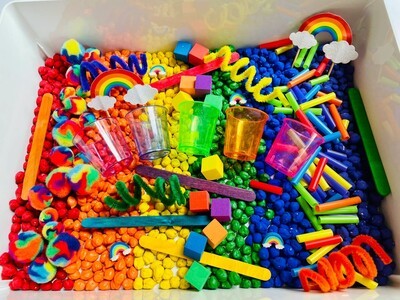
This center allows the students to explore their multiple senses, including sight, sound, touch, and smell. The different materials used in the bins provide a wonderful tactile sensation and help them develop the fine motor skills needed for holding a pencil and using scissors. Problem-solving, socialization, language and cognitive development are also enhanced through interactions with sensory bins.

